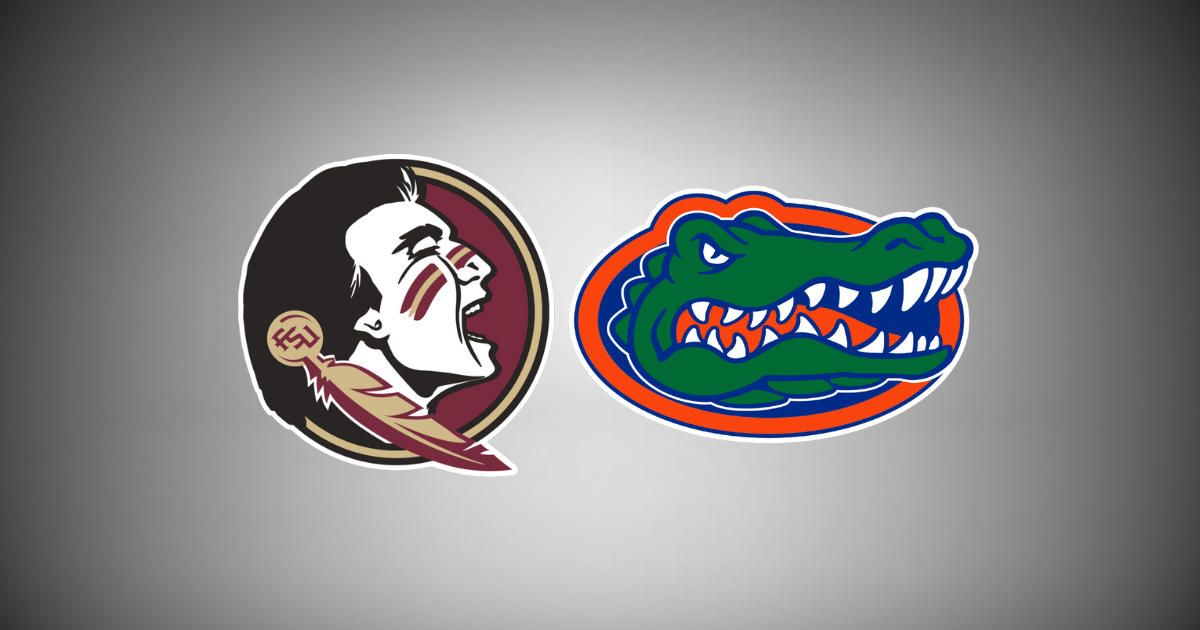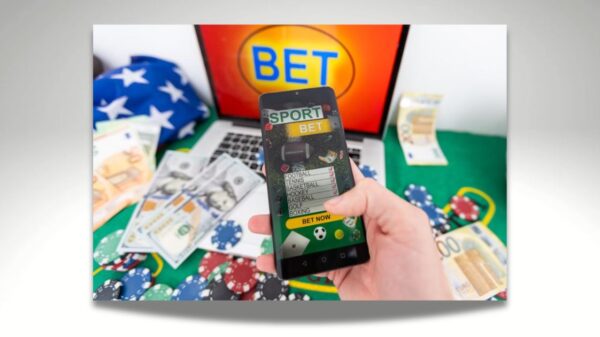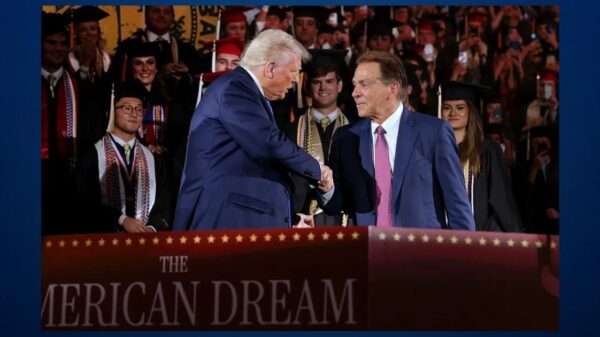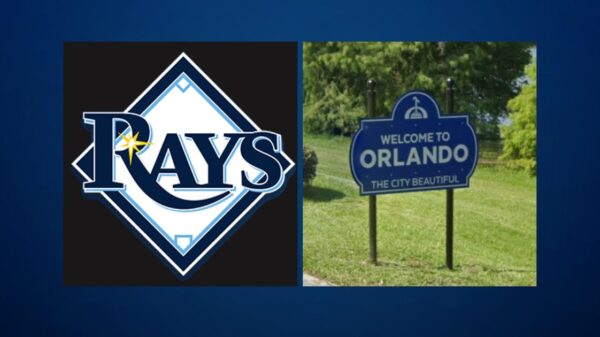Three weeks into the 2024 NCAA Football season, two of Florida’s “Big Three” traditional powers are already out of contention for a bid at a bid in the College Football Playoff. Florida State University head coach Mike Norvell and University of Florida head coach Billy Napier have been the primary recipients of heavy criticism from fans of their respective teams. Both coaches know that the passionate calls for new leadership come with the territory, but fans should step back and look at a much bigger factor: Name, Image and Likeness (NIL) deals and the transfer portal.
Since college football was created, its fans have cherished player loyalty to their school. Until NIL and the transfer portal were introduced, coaches and fans could count on the vast majority of players to stay at their school for their entire college year, with the exception of a few players who may declare a year or two early for the NFL Draft.
Today, a college team’s roster may undergo more changes each offseason than any NFL franchise. To appease student-athletes, the NCAA allowed them to enter the transfer portal even in crucial stretches of the season, such as the gap between the final regular season games and the postseason. As a result, the product suffers, with dozens of players opting to transfer to a new school or sit out of a bowl game to avoid an injury, which could ultimately impact the amount of money they may make from the team’s NIL collective.
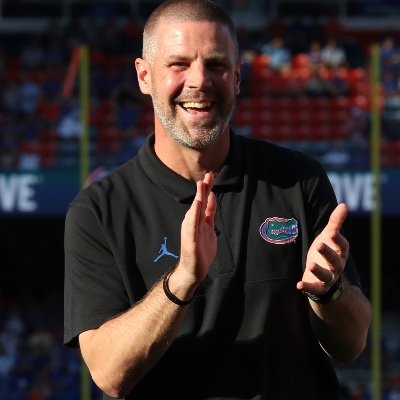
Consider Napier’s position with the Gators’ quarterback depth chart. Graham Metzger, a transfer from Wisconsin, has his own NIL deal, but the Gators’ backup, D.J. Lagway, could be a much better fit for his offense.
If Napier benches a quarterback who came to UF via the transfer portal, the Gators may not be able to attract future talent through the portal.
Norvell faces a similar scenario at FSU, where a senior quarterback transferred from Oregon State. DJ Uiagalelei came to the team via the transfer portal, and was expected to be among the nation’s elite quarterbacks. Younger quarterbacks recruited by FSU could have started and developed their skills. Instead, was given the reins as the starter, then struggled in each start as FSU lost each of its first three games.
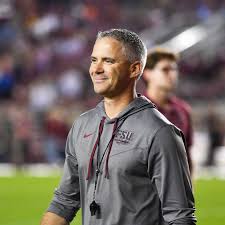
Now, Norvell has to decide between sticking with Uiagalelei and all the NIL supporters who pledged their money to him or a home-grown quarterback who didn’t receive as much early acclaim or NIL funding but could ultimately produce better results and change the trajectory of the Seminoles’ long-term outlook.
Even though elite college programs will consistently successfully recruit and sign exceptionally talented athletes, the inevitable instability and roster fluctuations caused by the transfer portal and NIL make it virtually impossible for any team to avoid a season where more games are lost than anyone initially expects. Flaws in the new system were glaringly obvious this past bowl season, as several teams saw their rosters dramatically changed due to players putting their individual income above the overall best interests of their respective teams.
Bowl games outside of the College Football Playoff will continue to lose value and sponsors unless reforms are made to incentivize players to finish a season. Teams in the Group of 5 (The conferences that aren’t among the NCAA’s Power 5 Conferences) are already at a significant disadvantage when it comes to corporate sponsorships and media contracts. If non-playoff bowl games eventually go extinct, the only incentive for players will be a conference championship.
College football coaches have plenty of faults, but athletic directors, fans, and NCAA administrators need to consider all of the consequences of NIL and the trade portal before the sport they love becomes unrecognizable from the one they cherished for decades.
By Matt O’Hern

